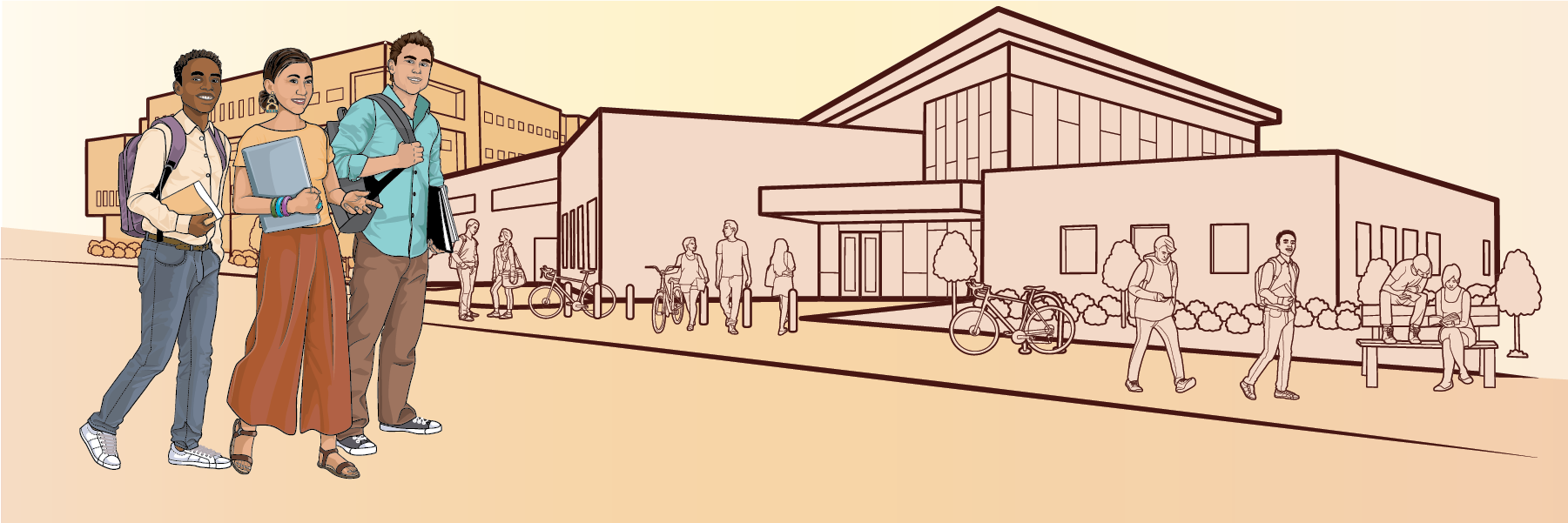First Year Support*
Colleges around the nation have focused on enhancing students’ first-year experience by creating learning communities and first year experience programs. These programs often provide students with a designated counselor and cohorted classes, and they have been shown to increase first-year completion rates. However, without continued support through to a student completing their goals like the dedicated counselor model of Puente and Umoja, learning community participants have been no more likely to graduate than their peers. One study examining the impact of learning communities for students at the City University of New York (CUNY) revealed that learning communities that end after the first year do not improve completion rates. CUNY has since developed ASAP, which supports students more closely in their first year and continues throughout the student’s time at the college and is resulting in significant improvements in persistence and completion. Puente and Umoja programs use a similar model where students continue to work with their Puente and Umoja counselors and participate in campus events until they graduate or transfer.
Guided Pathways colleges are building on what we know about supporting first year students
In the first year, colleges can support students in exploring their offerings through workshops, seminars, and speaker events. This intentional approach to supporting student exploration helps students make informed choices about their major. Then by using early-alert systems to monitor and support students who are seeking degrees, certificates, or transfer, colleges are better able to help them reach their goals. Many colleges have developed second- and third-year milestones as well and are using outreach, connection, and counseling meetings to support students in reaching those milestones.
How is this different?
First Year support programs in Guided Pathways colleges become a way to broaden and deepen what learning communities originally promised through continued support beyond the first year — build community, connection, and support systems, and prepare students for college-level work — while also capturing students in data systems that help the college to support progress beyond the first year. In the Guided Pathways first-year experience, learning communities can thrive by evolving to become part of the larger effort to support students beyond their first year, building connections to the rest of a student’s journey towards their goals.
*The information in this section was gathered through research and interviews with college faculty, staff, and administrators at California Community Colleges conducted between February 2019-February 2020. For further inquiry, refer to the resource list at the end of each section.





